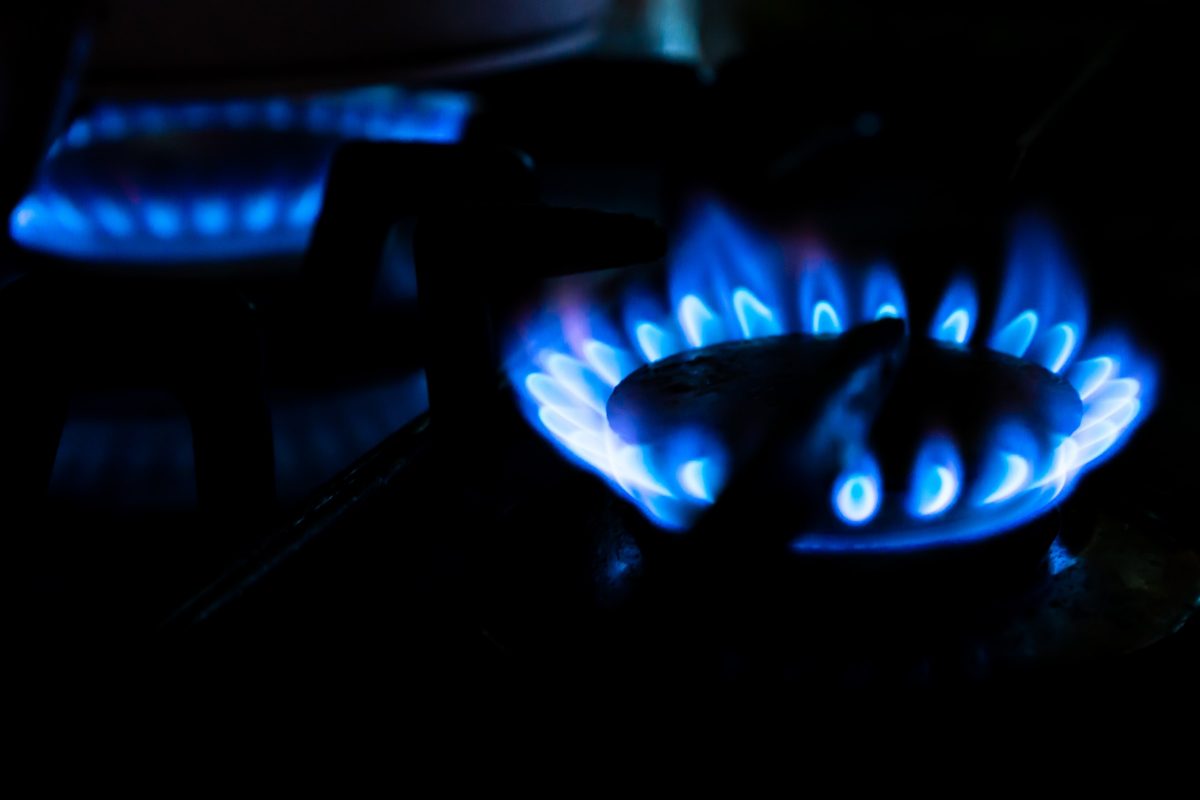Launched in December 2020, REACT Results-Based Financing (RBF) funded by Sida, is targeting energy companies in Kenya. It aims to expand access to low-cost clean energy for households across the country, with additional incentives for companies to reach the poorest families. Financing is offered through a results-based framework, meaning payment will only be made upon delivery of measurable and verifiable outputs.
The programme aims to reach 87,000 beneficiary households. The allocated funds will support transformational business models that accelerate access to cleaner fuels, cookstoves, grid power alternatives and other clean energy innovations.
The programme is part of the larger REACT Sub-Saharan Africa (REACT SSA); funded by the Swedish International Development Authority (Sida) to support renewable energy in 8 countries in Sub-Saharan Africa (SSA).
Purpose of the Fund
The REACT RBF aims to support:
- Transformational business models adapt to target markets in order to accelerate access to low cost, clean energy i.e. cleaner fuels, cook stoves, alternatives to grid power.
- Commercially viable companies and markets.
- Innovative ideas that stimulate next generation approaches in the renewable energy sector.
Clean Energy Products and Services Supported
- Renewable energy products or services that provide access to electricity (for off-grid households and/or productive engagements) and access to clean and/or efficient cooking.
- Electricity access products and/or services categorized as Tier 1[1] (with multiple lights) and Tier 2, or that enable existing Tier 1 and Tier 2[2] households continue to climb up the electricity access ladder.
- Cook stoves that meet and/or exceed Tier 2 fuel use efficiency for wood and Tier 3 fuel use efficiency for charcoal.
- Cook stoves and fuel solutions that meet the Tier 4 threshold for indoor emissions. This includes sustainable fuels e.g. pellets, briquettes, bioethanol and LPG.
- Activities that help increase electricity consumption on existing mini-grids (e.g. increasing access to suitable appliances for mini-grid customers).
More information
Download fact sheet here: http://aecfafrica.org/sites/default/files/react-rbf/2020-12/REACT%20RBF.pdf
